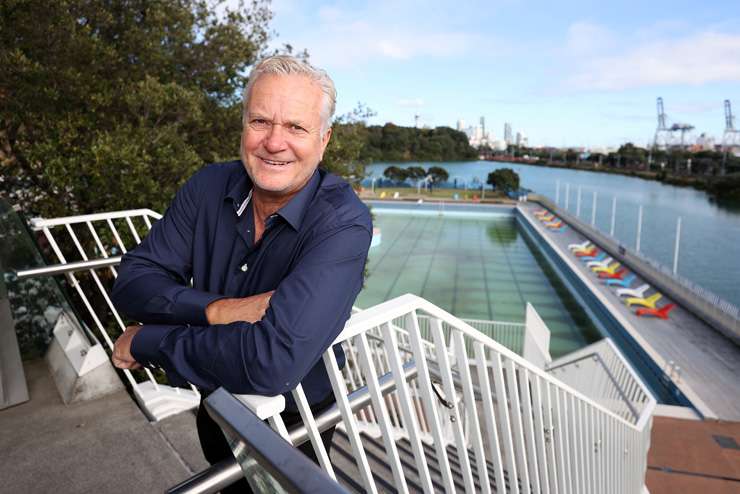Vendors who plan to sit on their hands until after the general election may be wasting their time, with property analysts telling OneRoof that poll results in the past have had little impact on the housing market.
Colliers associate director of research Ian Little said there would have to be a real divergence on policy directly affecting the housing market for October’s election to make a difference.
National is signalling it will reinstate the interest deductibility rules and reduce the Brightline test from five to two years, but even these policies will only really impact investors or people selling investment-type properties, Little said.
“It may be that they will sit on their hands until the election and if indeed they see those rules get rolled back then you might get an uplift in activity in investors here.”
Start your property search
However, there’s no indication that any of the policies announced so far will make any difference to owner-occupiers, Little said, although he did add: “If you were thinking about additional competition coming from investors should there be that change of government then you might want to make your move now when investors aren’t so active.”
Read more:
- 'It’s smashing young first home buyers': Could interest rates hit 10%?
- The $25.2 billion mortgage debt hanging over Kiwis aged 65-plus
- First Home Loan scheme is open to abuse, claims first home buyer advocate
Bayleys head of insights Chris Farhi agrees there is no clear evidence that election results lead to a pick-up in activity.
The exception to this, he said, would be if the winning party promised some significant policy changes for investors, and that resulted in a surge of investors wanting to buy.
“If we saw a level of activity that was abnormally higher than where we are at the moment, then it might pull more buyers back to the market,” he said.
Opes Partners resident economist Ed McKnight said past data showed that the election impacts the number of sales, but not the price.
On average, sales drop 6% six months before an election and lift 6% six months after, which he puts down to uncertainty around the direction the country might take.

Opes Partners resident economist Ed McKnight: "I think there’s a real opportunity for savvy investors." Photo / Supplied
And with changes for investment properties touted under a National Government, he said now might be a better time for investors to buy when they have less competition.
“I think there’s a real opportunity for savvy investors to say, ‘Well there are fewer people buying properties now because we have the lull before the election, I’m going to use that quieter market to get the property I want, to take a little bit more time because there’s not going to be as much competition – maybe I might be able to negotiate a better price as well at least compared to six months later’.”
On the flip side sellers might decide to wait because in six months' time when there might be more people interested, he said.
“It does appear that when National comes in people feel more confident, so they purchase more properties. That’s not a political statement that’s just what the data says.”
Tall Poppy Queenstown business owner Keeley Anderson said investors were already returning to the market and were behind a “massive” number of enquiries in the region last month - a stark change from the previous month when they were non-existent.
“We weren't even getting rental appraisals done really, as there was no demand. Now, investors are coming back in droves, which means the rest of the market will follow."
Anderson said clients were optimistic about changes following the general election and one had even asked her to make their listing live the day after voting closed. She, like a number of agents around the country, is also carrying out a huge number of appraisals.
“I've been slammed and did six just yesterday [last Wednesday], with four more requests within half an hour! Some people are even asking to get their property listed without an appraisal, although we do need to do that first, so it's a case of appraising and listing at the same time.”

Ray White agent Ross Hawkins says people should list their properties now while stock levels are low. Photo / Supplied
Ray White agent Ross Hawkins said people thinking of selling should do it now because the current stock shortage meant buyers don’t have much choice.
Whereas after the election he expects listings to rise because it coincides with the traditional spring lift and will be exasperated by those people taking a wait-and-see approach.
“The people that sit and wait – they are going to be part of the masses that all list at the same time and then our buyers are going to have all this choice, whereas between now and that time list your property because you’ve got so many eyes on it because there’s not much else available. So, you are mad not to do it now before the rush.”
And while listings will increase, he doesn’t expect a sudden surge in buyers in the same way.
“It’s not suddenly changing the interest rates; it’s not going to suddenly open the world to overseas buyers. There will be things that happen over time, but it’s not going to be a silver bullet that suddenly it all changes after the election.”
- Click here to find properties for sale
















































































